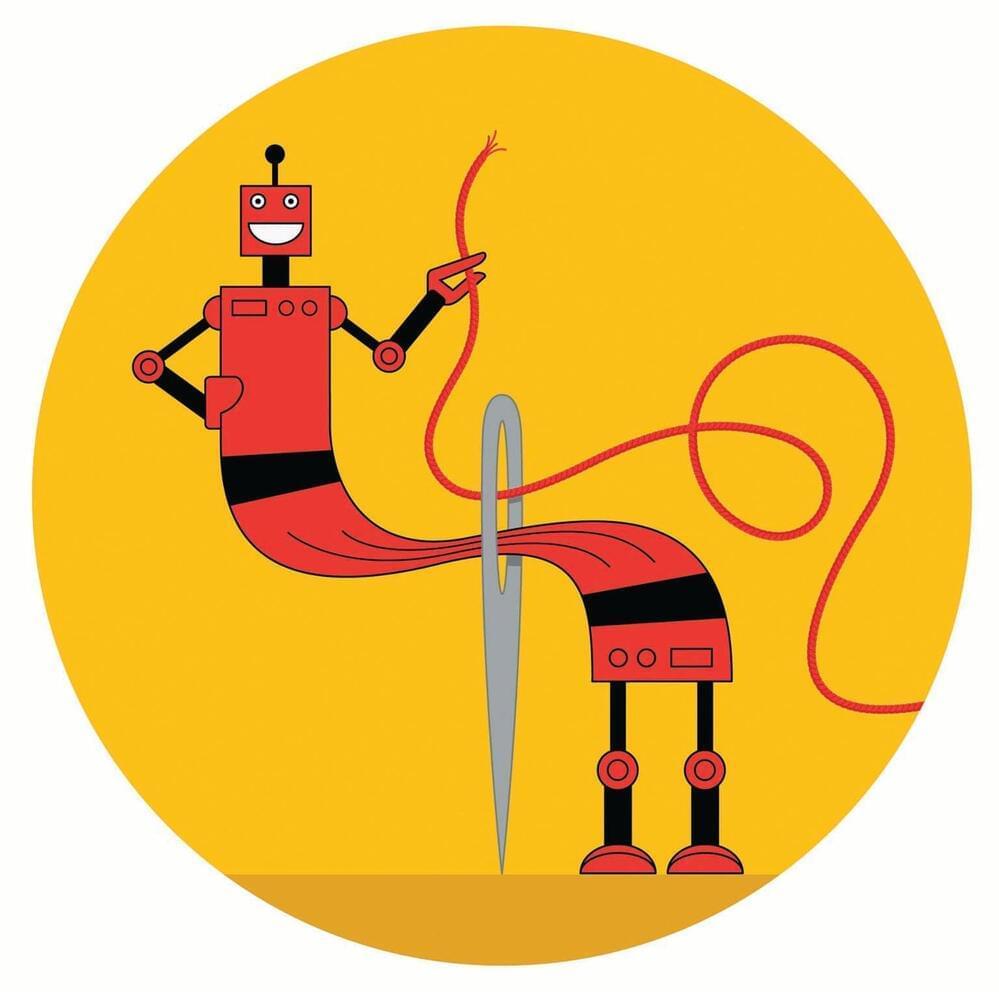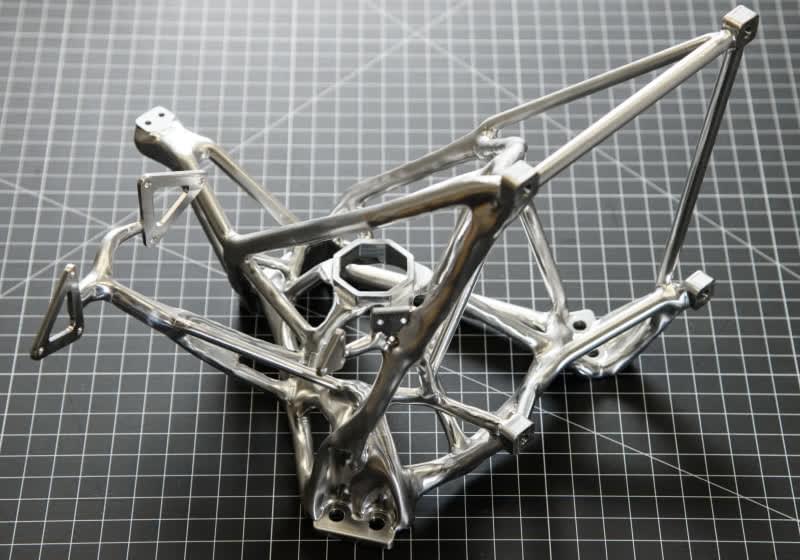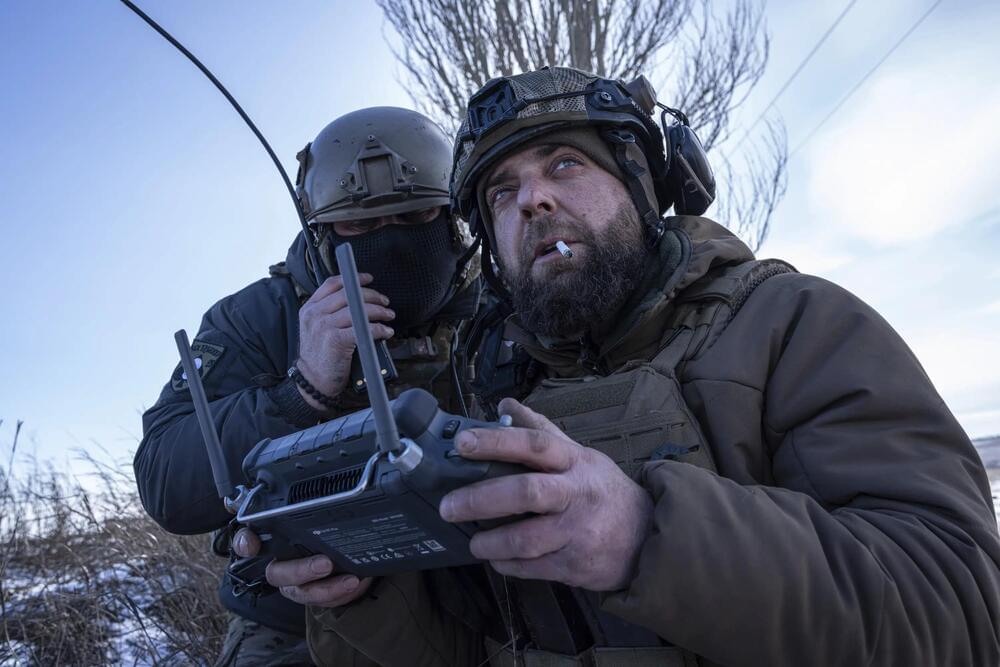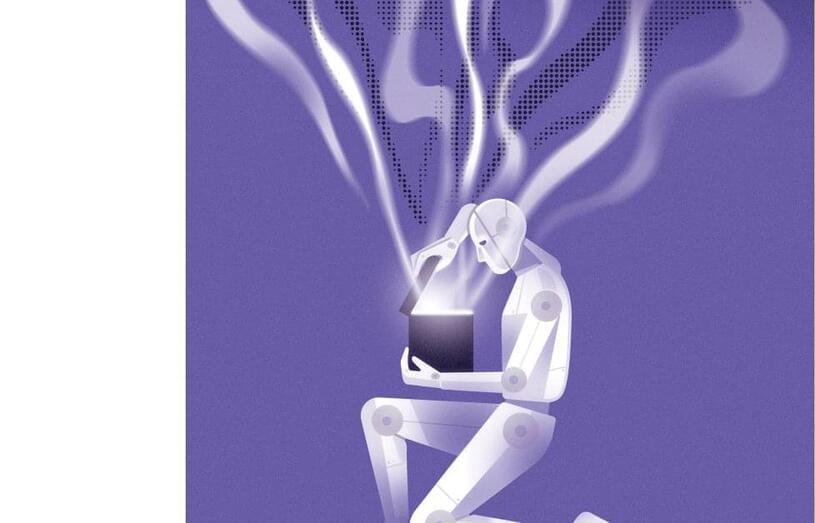00:00 Intro.
01:01 ChatGPT x Neuralink.
16:45 Inserting stents into blood vessels.
26:48 Pros & Cons of Neuralink’s architecture.
31:55 Neuralink clinics.
33:51 Downloading our minds onto a Tesla Optimus Bot.
52:30 If you get a Neuralink, will you lose free will?
1:04:16 AI helping Neuralink.
1:09:55 Everyone’s brain is unique.
1:23:16 Getting a Neuralink as a baby.
1:25:20 Sleep paralysis.
1:30:01 Nanotechnology x Neuralink.
1:31:59 James has an idea for Neuralink.
1:46:22 James’ favorite answer to the Fermi Paradox.
1:55:08 Haha smile
Neura Pod is a series covering topics related to Neuralink, Inc. Topics such as brain-machine interfaces, brain injuries, and artificial intelligence will be explored. Host Ryan Tanaka synthesizes informationopinions, and conducts interviews to easily learn about Neuralink and its future.
Twitter: https://www.twitter.com/ryantanaka3/
Support: https://www.patreon.com/neurapod/
Please consider supporting by joining the channel above, or sharing my other company website with retirees: https://www.reterns.com/. Opinions are my own. Neura Pod receives no compensation from Neuralink and has no affiliation to the company.
#Neuralink #ElonMusk #Tesla






